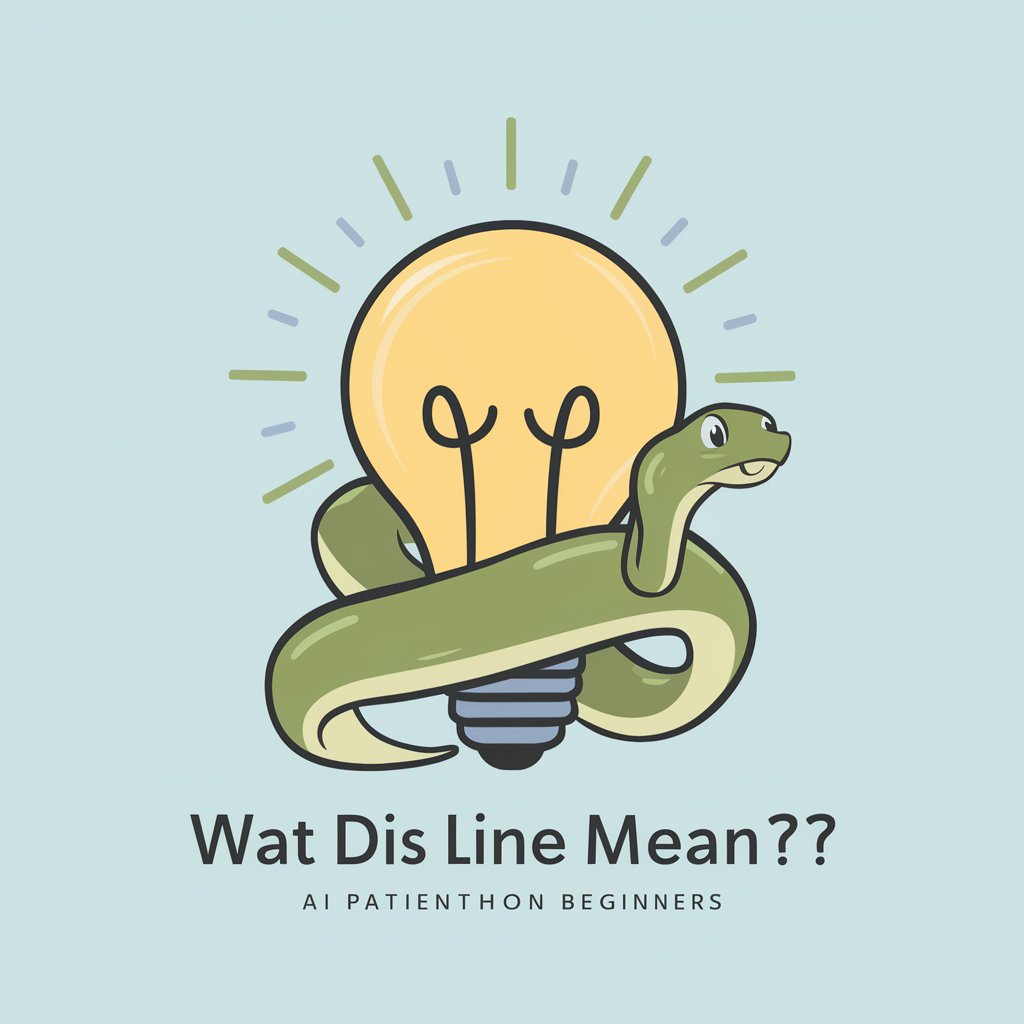
Keyword Research - SEO Keyword Discovery

Welcome to Keyword Research GPT, your SEO and keyword strategy expert.
Empower Your SEO with AI-Driven Keywords
Conduct keyword research for a new e-commerce store specializing in organic skincare products.
Identify high-impact keywords for a blog focused on sustainable living tips and practices.
Generate keyword ideas for a local business offering custom home renovation services.
Find long-tail keywords for an online course platform targeting business professionals.
Get Embed Code
Introduction to Keyword Research
Keyword Research is a foundational aspect of Search Engine Optimization (SEO) aimed at identifying and analyzing the search terms that people enter into search engines. The purpose of keyword research is to uncover queries to target, the popularity of these queries, their ranking difficulty, and more. By understanding what audiences are searching for in a specific niche or industry, businesses can tailor their content to meet user needs, thereby improving their visibility in search engine results pages (SERPs). An example of keyword research in action is a business analyzing search terms related to 'organic dog food.' They might discover that many people are looking for 'best organic dog food for allergies' or 'affordable organic dog food brands,' which could guide the creation of targeted content or product offerings. Powered by ChatGPT-4o。

Main Functions of Keyword Research
Identifying Target Keywords
Example
Discovering 'how to start a garden in a small space' for a gardening blog.
Scenario
A gardening blog uses keyword research to find out what their audience is interested in learning about. This leads them to create content focused on small space gardening, directly addressing the needs and interests of their readers.
Analyzing Keyword Difficulty and Search Volume
Example
Evaluating the competitiveness of 'best yoga mats for beginners.'
Scenario
A fitness retailer evaluates keywords to find out which terms related to yoga mats have high search volumes but lower competition, helping them to focus their SEO efforts on achievable targets that can drive traffic.
Content Strategy Development
Example
Creating a content plan around 'sustainable living tips for beginners.'
Scenario
An eco-friendly lifestyle blog uses keyword research to build a content strategy that aligns with what their audience is searching for, ensuring their posts about sustainable living are seen by interested users.
SEO Optimization
Example
Optimizing a webpage for 'best coffee machines under $100.'
Scenario
An e-commerce site selling coffee machines uses keyword research to optimize their product pages and blog posts, incorporating high-impact keywords to improve their rankings and visibility in search results.
Ideal Users of Keyword Research Services
Digital Marketers
Digital marketers use keyword research to guide their online campaigns, ensuring content is relevant to their target audience's search queries, thereby improving the effectiveness of SEO, content marketing, and PPC campaigns.
Content Creators and Bloggers
Content creators and bloggers rely on keyword research to generate ideas that align with what their audience is searching for, helping them to create compelling content that drives traffic and engagement.
SEO Professionals
SEO professionals use keyword research as a core part of their strategy to enhance website visibility and rankings in SERPs. It helps in identifying opportunities for optimization and content development.
Business Owners and Entrepreneurs
Business owners and entrepreneurs leverage keyword research to understand market demand, customer needs, and to tailor their products, services, and marketing messages accordingly.

Guidelines for Using Keyword Research
Start Your Journey
Initiate your keyword research adventure by accessing yeschat.ai for a complimentary trial, with no registration or ChatGPT Plus subscription required.
Identify Your Niche
Clearly define your product, service, or content focus area. Understanding your niche is crucial for targeting the right keywords.
Analyze Your Audience
Investigate the interests, problems, and search behaviors of your target audience to align your keyword research with their needs.
Select Keywords
Choose medium-tail and long-tail keywords that are relevant to your audience but face less competition, increasing your chances of ranking higher.
Evaluate and Iterate
Regularly review the performance of your chosen keywords and refine your strategy as needed to stay ahead in search rankings.
Try other advanced and practical GPTs
ATDC Chatbot
Empowering Startups with AI

Elterngeld Chatbot
Navigate parental benefits with AI ease

Create a MEAN stack app
Power Your Development with AI-Enhanced Tools

JavaScript Journey: MEAN Stack Mastery
Empower development with AI-driven MEAN stack guidance.

Wat dis line mean??
Demystifying Python, one line at a time

What does this word mean?
Unveil the Story Behind Every Word

Sarcastic Code Guru
Enhance coding with AI-powered sarcasm

CAPTAIN OBVIOUS
Transform images into laughter with AI

ESRS E2 Pollution (CSRD)
Streamline Pollution Reporting with AI

MobiCycle | Pollution | eWaste
Harnessing AI for eWaste Solutions

Environmental Pollution Tutor
Harness AI for Smarter Environmental Studies

やまたくbot
Enhance Your Writing with AI

Keyword Research FAQs
What is medium-tail keyword?
Medium-tail keywords are phrases that are longer and more specific than highly competitive one-word terms, but shorter and often less specific than long-tail keywords. They strike a balance between search volume and competition.
How does Keyword Research improve SEO?
Keyword Research helps in identifying the terms and phrases your target audience uses, allowing you to optimize your content to rank higher in search engine results, thus improving visibility and traffic.
Can Keyword Research aid in content strategy?
Absolutely. By understanding the keywords your audience is searching for, you can tailor your content to meet their needs, answer their questions, and address their pain points, making your content more relevant and engaging.
Why prioritize long-tail keywords?
Long-tail keywords are less competitive and more specific to user queries, making it easier to rank for them and attract more qualified traffic that is closer to making a purchasing decision.
How often should keyword research be conducted?
Keyword research should be an ongoing process, as market trends, consumer behaviors, and search engine algorithms frequently change. Regular updates can help you stay relevant and competitive.





